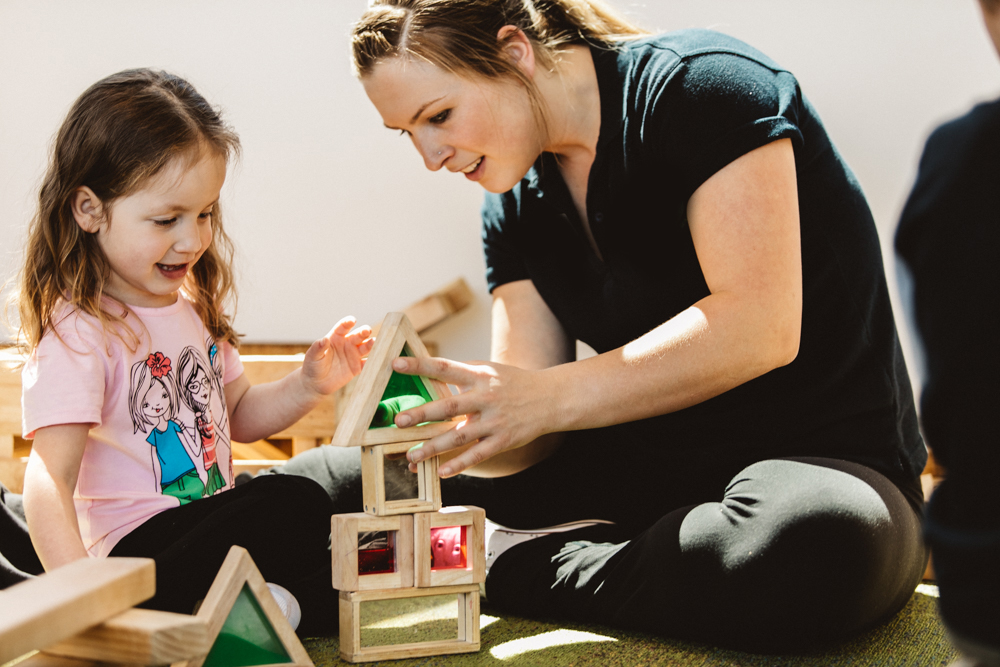
More than 44 per cent of NSW children are not developmentally on track when they start school, according to the latest Australian Early Development Census, an Australian government initiative that measures how children have developed by the time they start school.
The census looks at five key areas of early childhood development: physical health and wellbeing, social competence, emotional maturity, language and cognitive skills, and communication skills and general knowledge.
Language and cognitive skills saw the most significant shift in the most recent report, with the percentage of children who were ‘developmentally vulnerable’ in this area increasing from 6.6 per cent in 2018 to 7.3 per cent in 2021.
Not being developmentally on track can have significant and lifelong consequences for a child.
The early years of a child’s life are critical for their cognitive, social, and emotional development. This period is marked by rapid brain development, where the foundations for future learning, health and wellbeing are established.
Research has shown that participation in high-quality early education and care leads to better outcomes at school and later in life.
“The first five years of a child’s life are vital for their health, development, learning and wellbeing. Children who participate in quality early childhood education and care, and who get the right support services, such as health and development checks, are more likely to succeed at school and have improved lifelong educational, social and economic outcomes.”
Reference: ‘Putting a Value on Early Childhood Education and Care in Australia’

In the report ‘Work and Play: Understanding how Australian Families Experience Early Childhood Education and Care‘, 83% of parents said that educators and carers have a significant impact on young children’s learning and wellbeing.
“Parents clearly see the early childhood education and care sector’s value in providing an environment of support and growth and setting children up for success at school and beyond, with this belief strengthening as their children approach school age,” states the report.
The two most popular options for preschool are Community Preschool, or a preschool program within an Early Childhood Education & Care (ECEC) service. ECEC services are often referred to as daycare/childcare centres but these are outdated terms that can cause confusion about what the services actually offer.
Opening hours
Hours of school preparation
Convenience
Parents identify that the benefits of early childhood education and care accrues beyond the child to the whole family, and extend beyond the monetary benefit of income earned while young children are in education and care.
According to the report, ‘Counting the Cost to Families: Accessing Childcare Affordability in Australia; The Front Project’.: “77 per cent of parents surveyed agreed that access to early childhood education and care services is important for the mental health and wellbeing of the whole family.”
One of the benefits of choosing an Explore & Develop service is that they are independently owned and operated, with the owner onsite to oversee daily operations.
While every Explore & Develop service is tailored to the needs of its local community, they have the following important features in common:
Find an Explore & Develop service near you.
